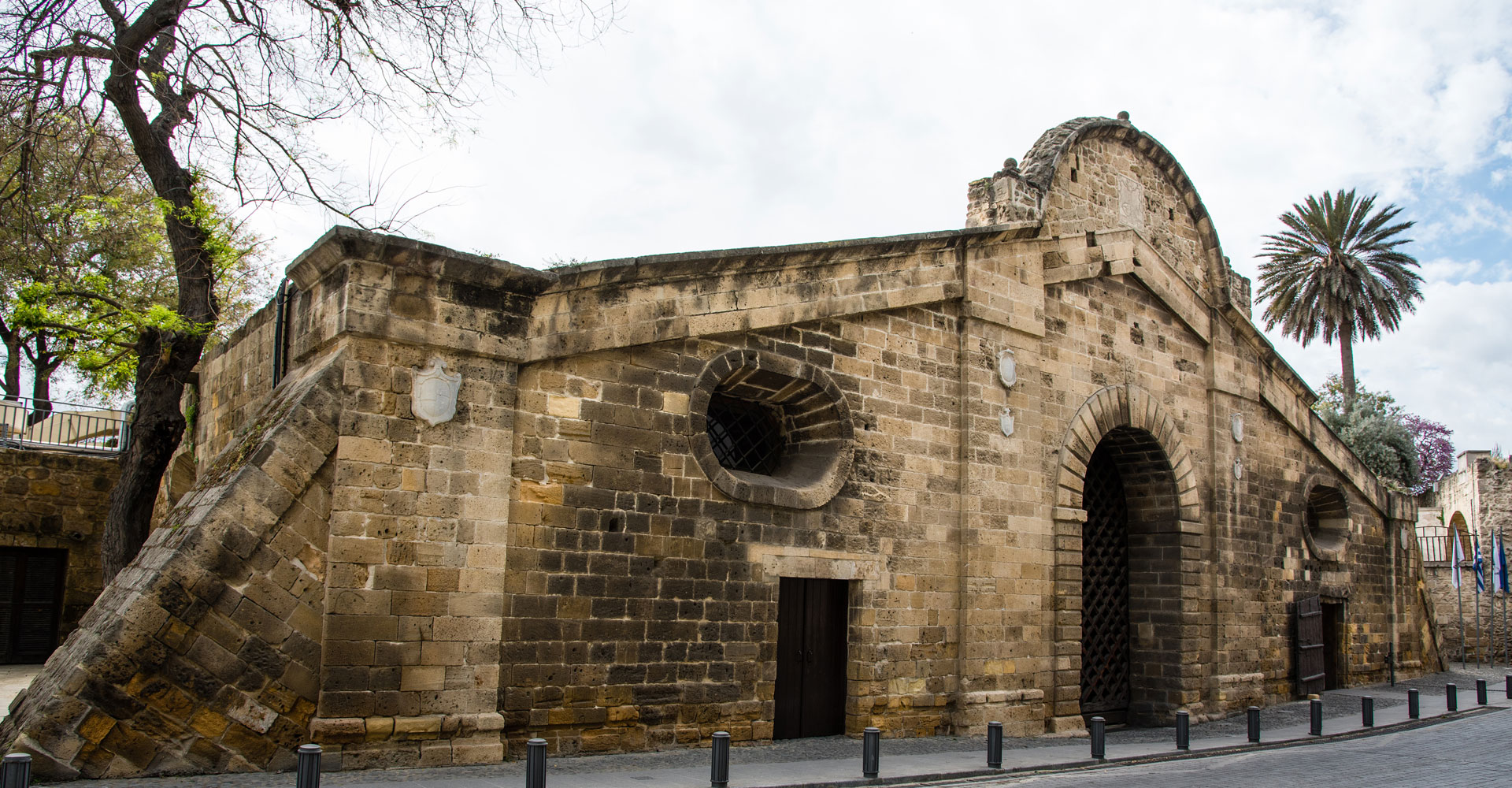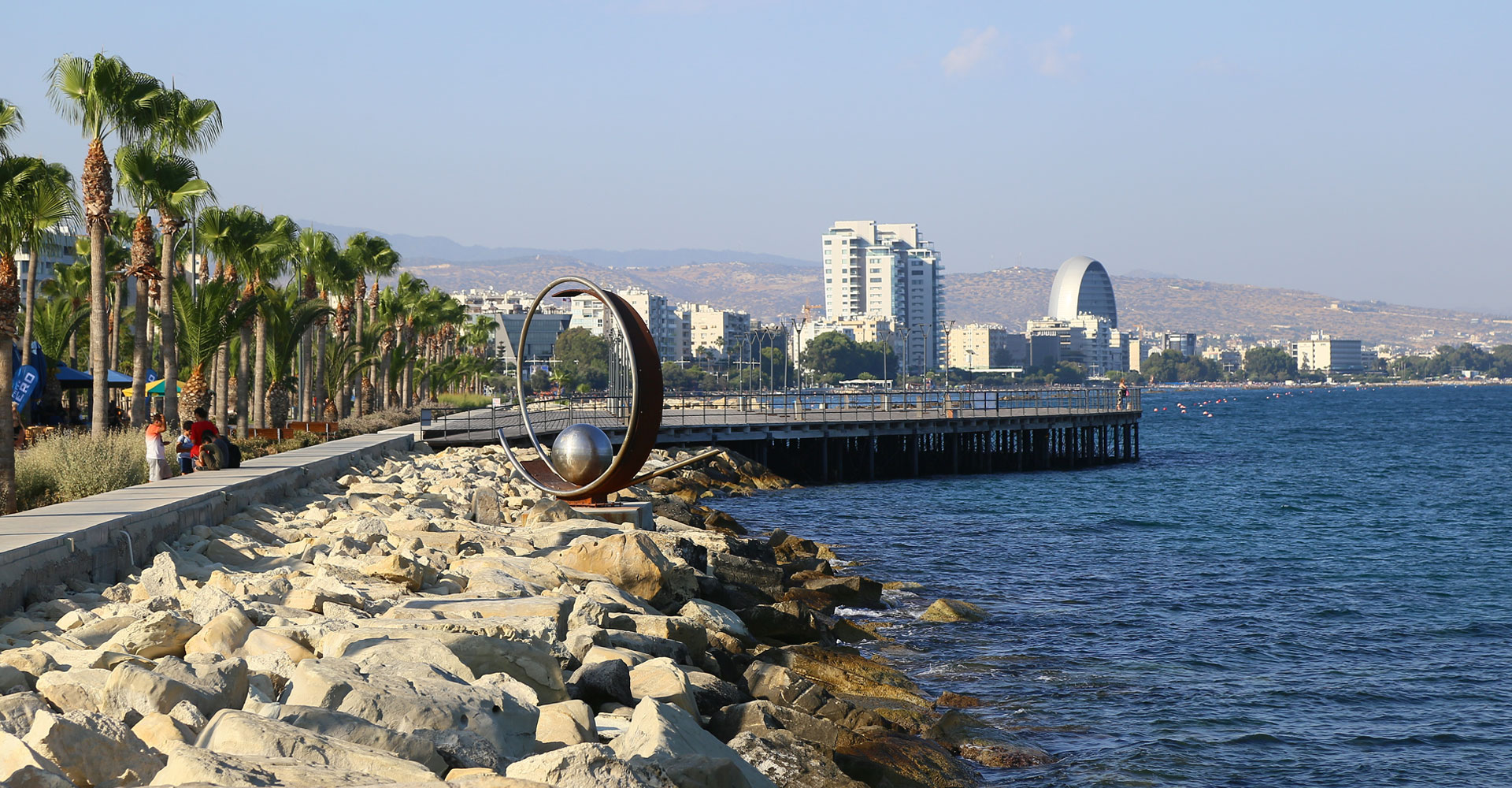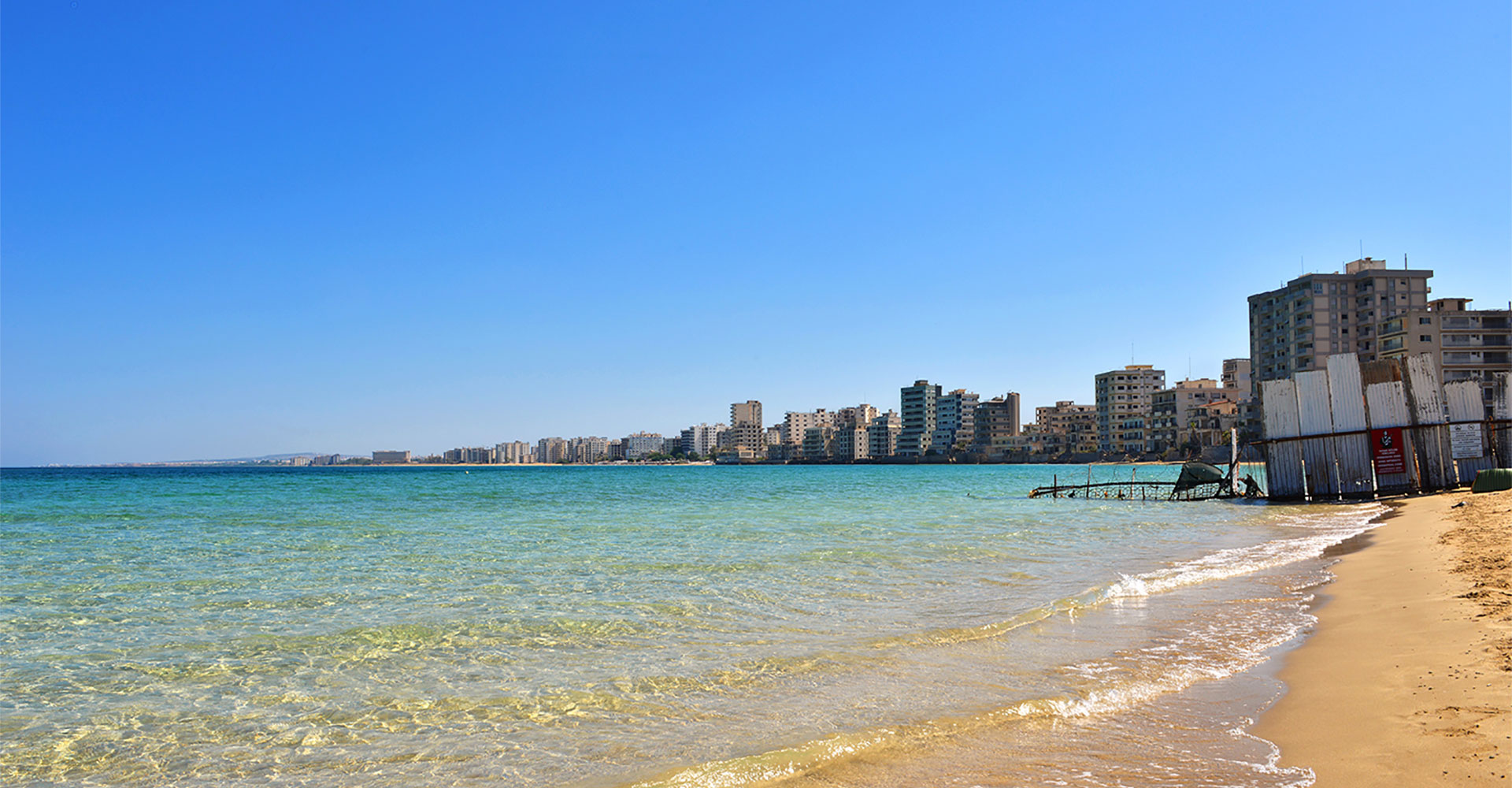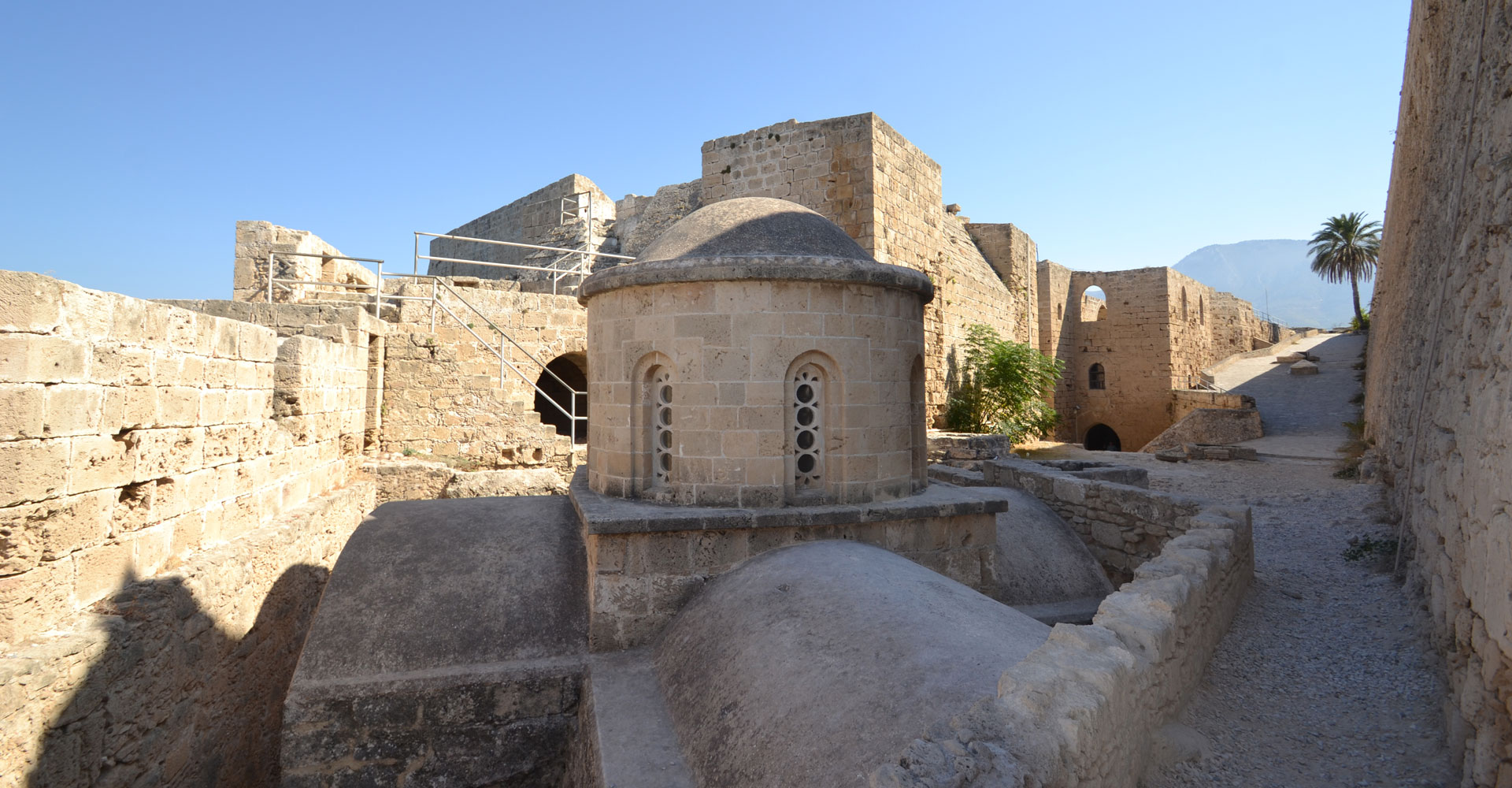There are two types of local authorities, Municipalities and Communities, which are governed by separate laws. In principle, Municipalities constitute the form of local government in urban and tourist centres while communities constitute the local structure in rural areas.
MUNICIPALITIES
The establishment and operation of municipalities in Cyprus is governed by the Municipal Law, approved in October 1985 (N. 111/85) to replace existing legislation. The Law provided for the establishment of new municipalities. According to this Law, any community may become a municipality by local referendum, subject to the approval of the Council of Ministers, provided it has either a population of more than 5.000, or has the economic resources to function as a municipality.
Since the Turkish invasion of 1974 and the subsequent occupation of the northern part of Cyprus by Turkey, nine municipalities, although still maintaining their legal status, have been temporarily relocated to the free areas.
The corporate structure of municipalities is defined by the 1985 comprehensive Law. Mayors are elected directly by the citizens on a separate ballot, for a term of five years and are the executive authority of the municipalities. The Mayor represents the municipality in a court of Law and before any state authority, and presides over all Council meetings, Administrative Committee meetings and any other municipal committee. He executes the Council’s decisions and heads all municipal services which he directs and supervises.
Municipal councils, which are the policy-making bodies of the municipalities, are elected directly by the citizens for a term of five years, but separately from the Mayor. The Council appoints the members of the Administrative Committee. The latter’s duties include the preparation of the municipality’s budgets and annual financial statements, the provision of assistance and advice to the Mayor in the execution of his duties, coordination of the work of other committees appointed by the Council and the carrying out of any other duties entrusted to it by the Council or the Mayor. The Council may also set up ad-hoc or standing committees which have an advisory role.
The principal positions and offices in a municipality are also specified in the relevant legislation and these are the positions of the Municipal Secretary, the Municipal Engineer, the Treasurer and the Health Officer. Additional positions may be created where a need arises.
According to the Law, the main responsibilities of municipalities are the construction, maintenance and lighting of streets, the collection, disposal and treatment of waste, the protection and improvement of the environment and the good appearance of the municipal areas, the construction, development and maintenance of municipal gardens and parks and the protection of public health. The Municipal Council has the authority to promote, depending on its finances, a vast range of activities and events including the arts, education, sport and social services. In addition to the Municipalities Law, there are several laws giving municipalities important powers other than those already mentioned. Such laws are the Streets and Buildings Regulation Law, the Town Planning Law, the Civil Marriages Law and the Sewerage Systems Law.
The main sources of revenue of municipalities are municipal taxes, fees and duties (professional tax, immovable property tax, hotel accommodation tax, fees for issuing permits and licences, fees for refuse collection, fines, etc.), as well as state subsidies. Taxes, duties and fees represent the major source of revenue while state grants and subsidies amount to only a small percentage of the income. The central government, however, usually finances major infrastructure projects undertaken by the municipalities, but this is dependent very much on each individual project. The yearly budgets of the municipalities are submitted to the Council of Ministers for approval and their accounts are audited annually by the Auditor General of the Republic. Municipal loans also need to be approved by the Council of Ministers.
COMMUNITIES
The creation and functioning of the Communities in Cyprus is governed by the Communities Law of 1999 (N. 86 (I)/99), that came into force on 9/7/1999. The functions of Communities are generally similar to those of municipalities, although structurally different. The residents of the community elect the President of the Community and the Community Council for a term of five years. With the exception of some communities which are financially better off, the Central Government provides essential administrative and technical assistance as well as most of the necessary services to most communities, through its District Offices. The revenue of Communities consists of state subsidies as well as taxes and fees collected from the residents of the area.
DISTRICT ADMINISTRATION
For the purpose of administration, Cyprus is divided into six districts. Each district is headed by a District Officer, who is a senior civil servant appointed by the Government as its local representative. The District Officer is the chief coordinator and liaison for the activities of all Ministries in the District and is accountable to the Ministry of Interior. The district Offices are not elected local or regional authorities, but are part of the civil service.






